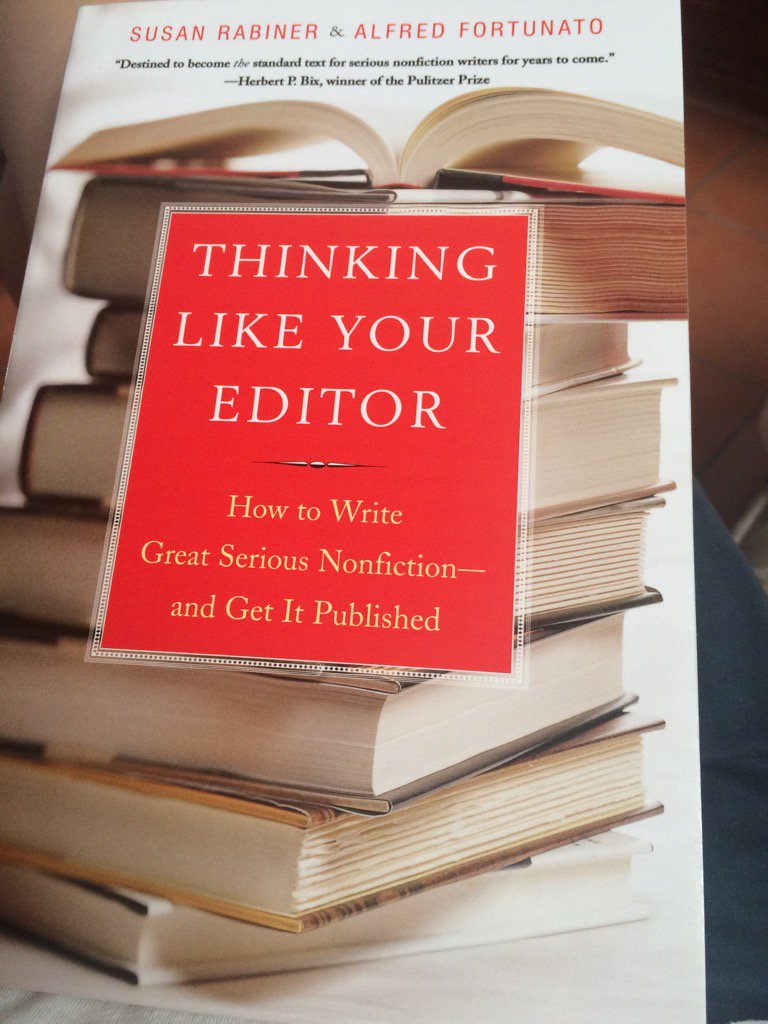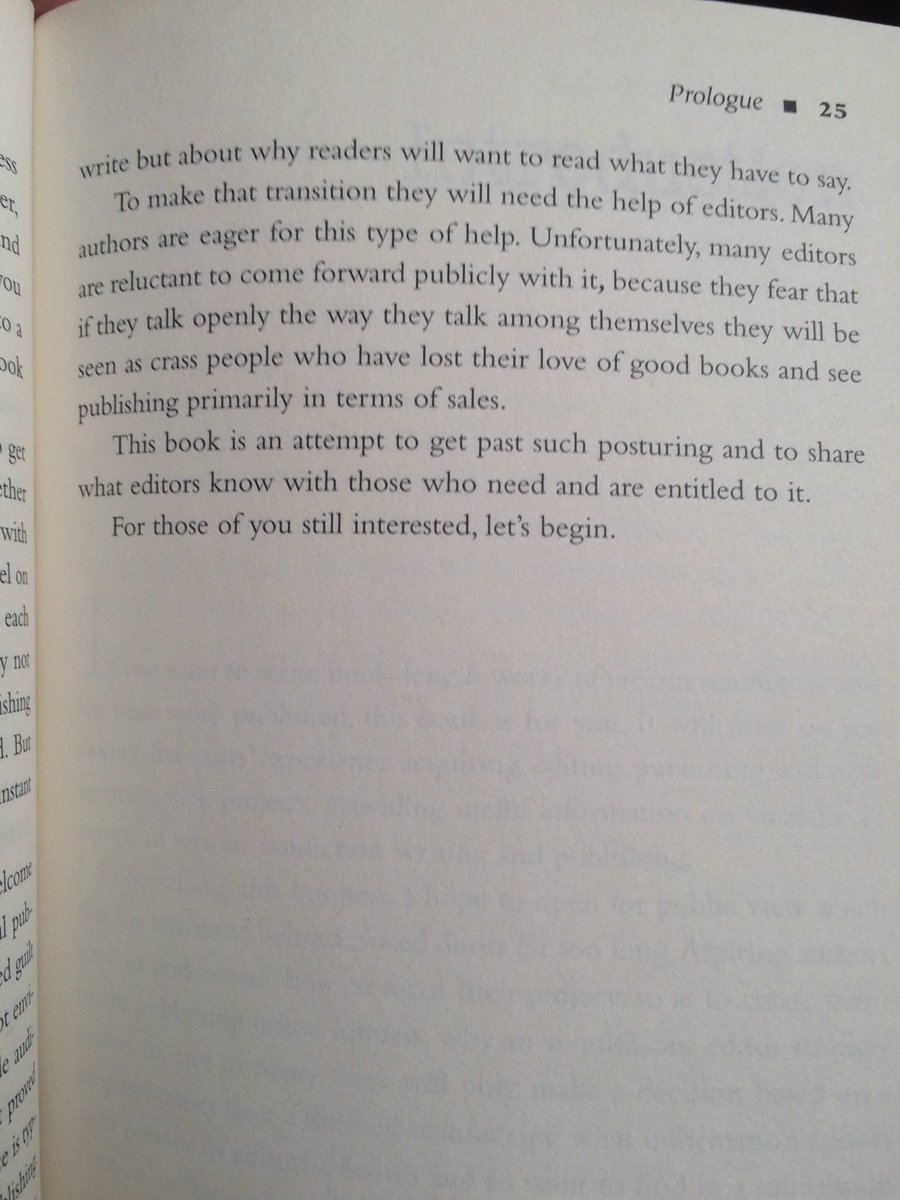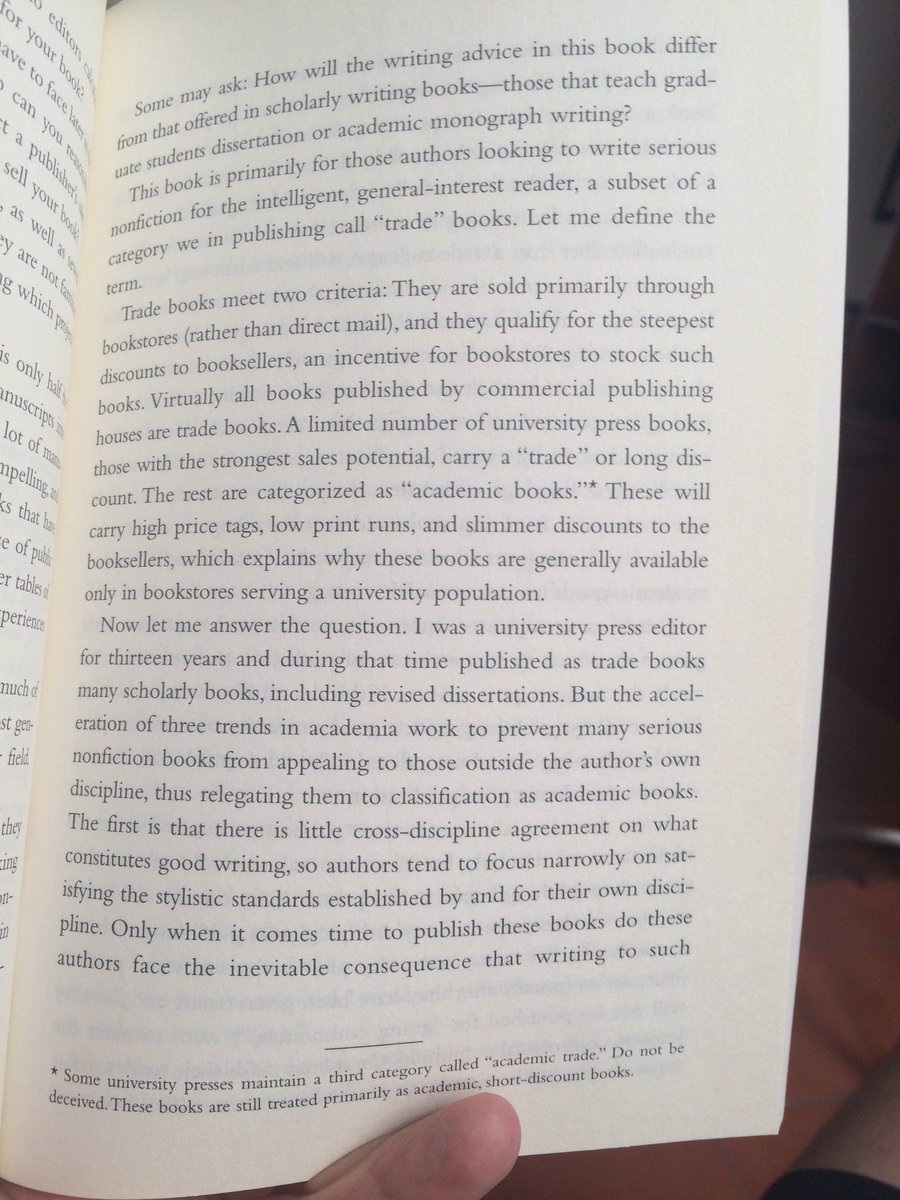Good morning! Students (mine and others) as well as faculty members have asked me if I do have a particular sequence of blog posts about reading strategies, academic writing, literature reviews that I would recommend. I have to get my #2ThingsADay done, so here's a MICRO-THREAD.
For me, reading IS a fundamental component of writing raulpacheco.org/2018/01/legiti… this means that I have a dedicated section on Reading Strategies in my Resources page raulpacheco.org/resources/read… the Abstract-Introduction-Conclusion (AIC) method can be found here raulpacheco.org/2017/01/findin…
When my own students have to undertake a literature review, I ask of them to systematize their reading in an Excel table, the Conceptual Synthesis Excel Dump (CSED) raulpacheco.org/2016/06/synthe… combining #AICCSED allows you to stay on top of the literature raulpacheco.org/2017/12/carvin…
A lot of scholars (myself included) often struggle to do #AICCSED (one article read, one row entry of CSED typed), hence why I suggested that when under pressure, they do #2ThingsADay raulpacheco.org/2018/04/the-ac… (like today for me, when I have TOO MANY THINGS TO DO).
Mapping a new field of scholarship, writing literature reviews, creating annotated bibliographies and producing banks of rhetorical precis and synthetic notes are all activities that I do based on having a robust CSED. My posts on Literature Reviews: raulpacheco.org/resources/lite…
I spend a lot of the time with my research assistants and students (undergraduate and graduate) creating a SHARED LANGUAGE. They know what I mean by "I need an Excel Dump on water insecurity that covers the years 2010-2018" or "I need to see your synthetic notes for waste theory"
I do have "From Beginning to End" blog posts, of course. Here's one on how to do a literature review raulpacheco.org/2017/04/how-to… one on how to map a new field raulpacheco.org/2018/01/mappin… one on how to write a paper from start to finish raulpacheco.org/2017/06/writin… One note of caution:
I think reading my "From Beginning to End" blog posts requires already having a shared language, so I would encourage you (if you are faculty) to teach with the basics first (reading strategies, systematizing texts, writing memoranda and synthetic notes) THEN do the FB2E posts.
And since I have A TON of stuff to do today and I haven't even touched my #2ThingsADay, this is the end of this micro-thread, which at some point I will transform into a full-blown blog post. </micro-thread>
• • •
Missing some Tweet in this thread? You can try to
force a refresh







